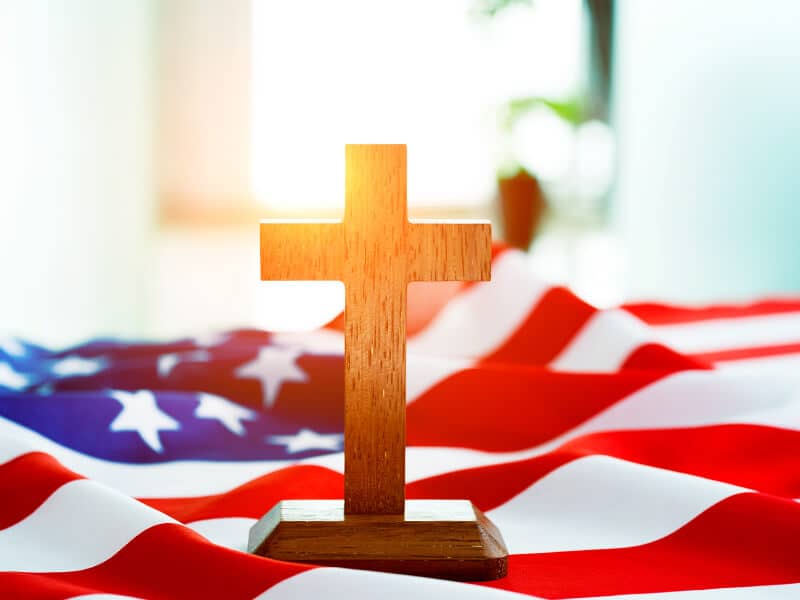The great divide in U.S. politics is not really the wall of separation between church and state, but the chasm between what Americans think of as their public and private lives. How we raise our children to think about politics determines in great measure their performance as citizens.
My colleagues in political science know this, of course, but usually focus only on how party identifications or left/right ideologies are passed from parent to child. We study such phenomena especially during presidential campaigns to better predict the outcome, but it may be that such horse-race approaches hide a much greater impact that the private realm of family life has on the public sphere of politics.
I believe, for instance, that I am a political scientist today -- as well as just a citizen struggling to avoid being overwhelmed by cynicism in politics -- because of one very special night with my father and mother when I was 9 years old.
It was election night 1960 in Chicago, and my father and I were watching the returns roll in. I don't remember why I was bothering, since my seven brothers and sisters had long since deserted what they considered a boring scene, but I do recall being entranced by the drama of an exceedingly close election. Eventually all my siblings went to bed, but I pleaded with my parents to let me stay up late and watch more returns. Mother started to object, but Dad laughed and said something to the effect of, "Maybe if he stays up I can turn him into a Democrat to make up for your vote today." With a snort, Mom agreed and went to make noise in the kitchen.
Well, the whole election came down to Illinois, with Kennedy ahead and Mayor Daley crowing that Chicago would elect the next president. Dad and I stayed up past midnight, fearfully waiting for the downstate votes to be counted in the Republican column. They never did materialize, and sure enough, Kennedy took Illinois and squeaked into the White House. (Years later, those downstate paper ballots would be found still in their metal strongboxes in the attic of some town hall south of Chicago.)
It was an extraordinary night for me. Not only did I get to stay up hours past my bedtime, but I also experienced two genuine epiphanies about family and politics.
First was the wonder and joy of participating in an adult conversation about politics with my parents, who, remarkably, considered my stupid questions about the race as worthy of respectful responses. They also took care in pointing out why, as exciting as the night was turning out to be, the real importance lay in what the outcome meant for people concerned about issues such as race, welfare and security.
My second great reward came when Mom emerged from the kitchen carrying a giant bowl of deep-fried shrimp about 10:30, long after all the others in the family were in bed. In a large family such as ours, such moments of complete satiation were rare indeed. Politics brought tangible rewards that night.
To this day, on election night I always think of my parents and thank them for making me what I am today -- not just a political obsessive, but a citizen who believes that elections deserve our thoughtful attention, even when cynicism is such a tempting response.
And I also always sense the faint smell of shrimp in batter, waiting for the cocktail sauce that never arrived, either. Dad said that it must have gotten stuck downstate, too.

